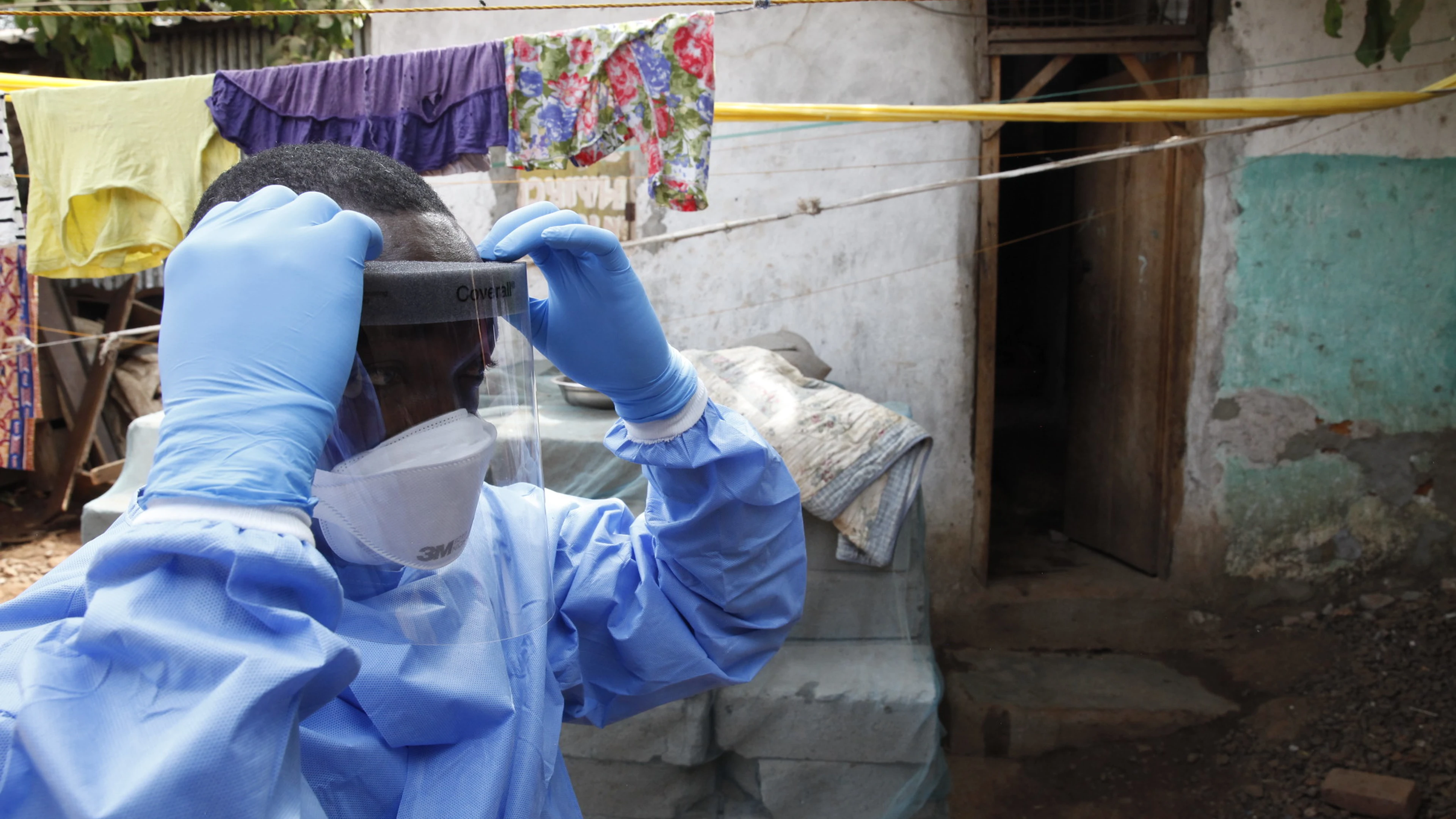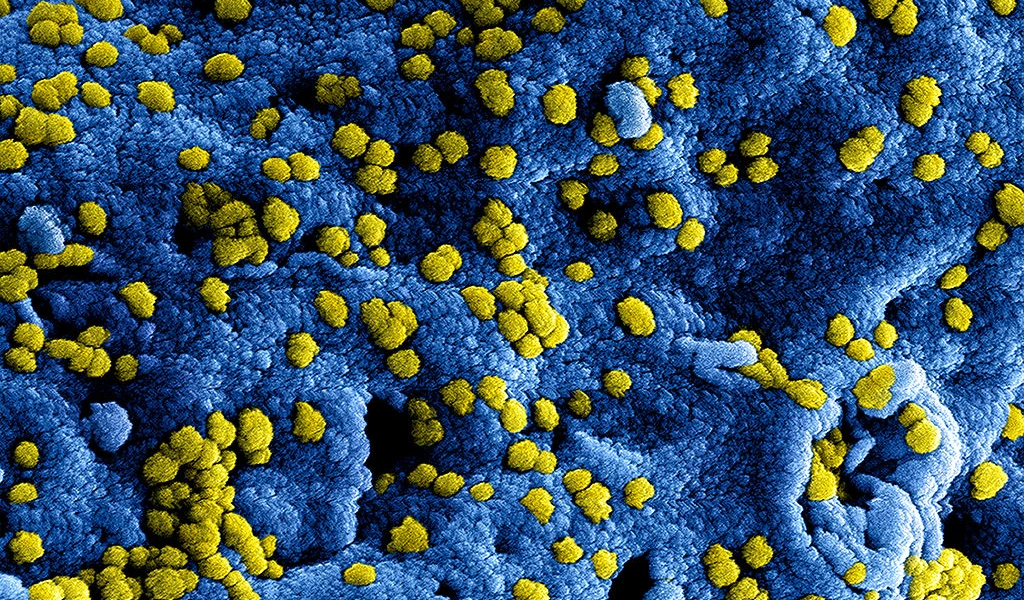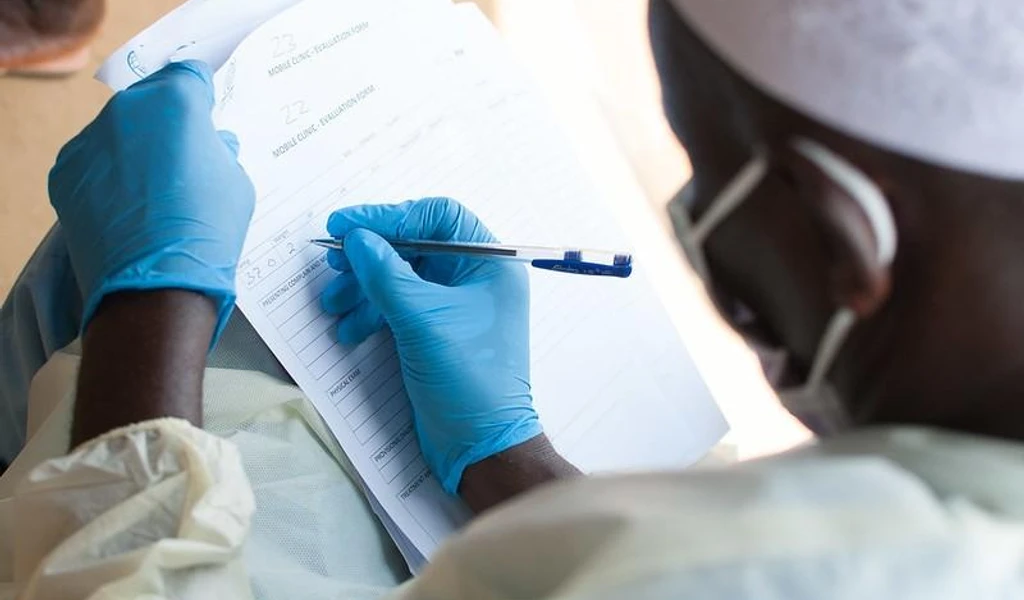ProMED: Ebola virus spread continues in DRC

Epidemics can occur anywhere, at any time.
We publish regular updates, produced by Program for Monitoring Emerging Diseases (ProMED), on outbreaks of emerging infectious diseases to keep you informed on the frequency and impact of our priority diseases.
ProMED is the largest publicly-available system conducting global reporting of infectious diseases outbreaks, with ProMED staff, moderators and team members scanning for, reviewing and posting information relating to global health security from official health reports and media articles.
The below post contains information from health reports, news articles, and academic papers relating to our priority diseases, compiled together by ProMED. Content below may be edited from original ProMED posts for style and length.
These posts provide an overview of disease outbreak activity over the past several weeks. For the latest information relating to outbreaks of infectious diseases, please visit the ProMED website.
Ebola
Location
North Kivu, South Kivu and Ituri provinces, DRC
Outbreak Update
WHO-AFRO Ebola Dashboard, Friday 6 September 2019:
Ebola transmission in the affected Democratic Republic of the Congo (DRC) region is still substantial, with new hot spots emerging in areas with limited access and security problems, posing more challenges for response teams, the World Health Organization (WHO) said 6 Sep 2019.
3073 cases of which 2962 confirmed
187 cases in the last 21 days
919 survivors
2059 deaths
12 800 contacts being followed out of 14 500 known
Outbreak Response
Congo DR Multisectoral Committee for the Response to Ebola Virus Disease, Friday 6 September 2019:
Since the beginning of vaccination on 8 Aug 2018, 213 814 people have been vaccinated.
Since the beginning of the epidemic, the total number of travelers checked (temperature measurement) at the sanitary control points, until 4 Sep 2019, is 91 667 203.
To date, a total of 98 entry points and sanitary control points have been set up in the provinces of North Kivu and Ituri to protect the country's major cities and prevent the spread of the epidemic in neighboring countries.
WHO and partners to help the Government boost health facility defences against Ebola in the DRC:
To strengthen health practitioners' proficiency in preventing the spread of Ebola virus disease in health facilities, the Commission for Prevention and Biosecurity of the Ministry of Health of the Democratic Republic of the Congo (DRC) launched on [5 Sep 2019] a guideline and training package on infection prevention and control that targets at least 3000 nurses, doctors and other health care workers.
UNICEF:
To date, UNICEF and partners have:
- Trained over 32 400 teachers on how to teach children about Ebola prevention and how to make schools a protective environment for children
- Reached more than 928 000 students with vital information about Ebola
- Provided school support, including school fees, uniforms and supplies, to 432 child survivors and children orphaned to Ebola
- Equipped nearly 2350 schools in high-risk areas with handwashing stations, thermometers and hygiene supplies
Disease Research:
Lancet Infectious Diseases, 4 September 2019: Subsequent mortality in survivors of Ebola virus disease in Guinea: a nationwide retrospective cohort study
A new paper has found that mortality was higher in people who recovered from Ebola virus disease a year after being discharged from Ebola treatment units in Guinea, following the 2014-16 West Africa Ebola outbreak.
Researchers also identified that survivors who were hospitalised for longer during primary infection had an increased risk of death, with the majority of deaths a result of renal failure.


